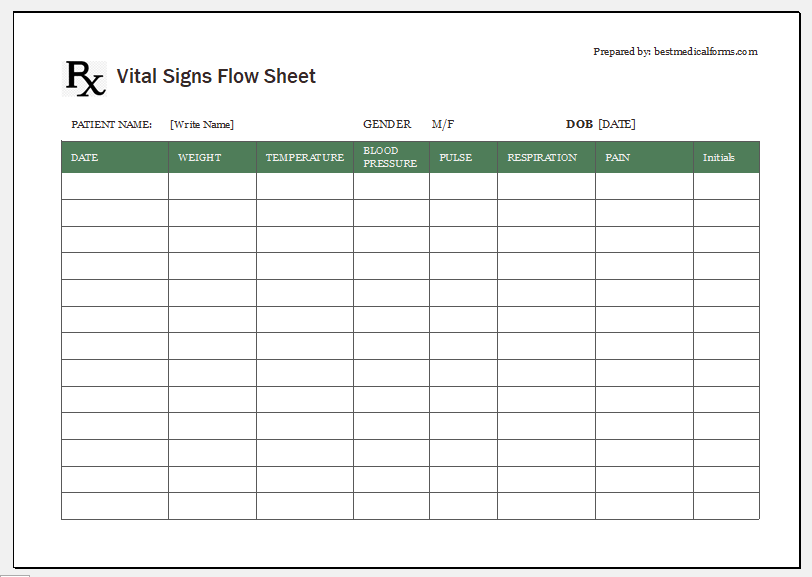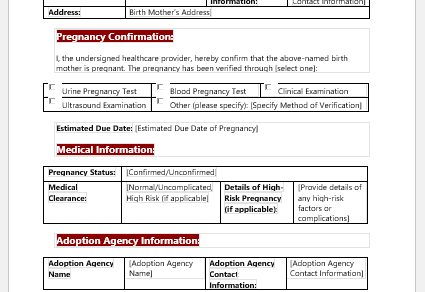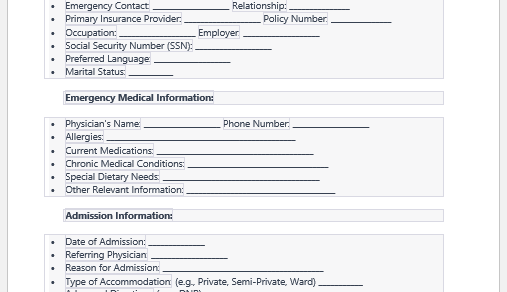“Vitals” is the term used for measuring the functioning of vital organs in the body. Vital organs are responsible for the body’s overall functioning, and if any of the vital organs fail to function, the body refuses to function, too. This is the end of life.
The body’s vital organs are the brain, heart, lungs, and kidneys. They are all responsible for a healthy life. If the brain stops functioning, we are dead. If the heart refuses to beat, our life refuses to continue. Similarly, kidneys and lungs directly or indirectly participate in the life process.
For the same reasons, we must know the proper functioning of these vital organs. We especially need this information when a patient complains to us. The first thing we need to know in any medical condition, emergency or non-emergency, is that we rush to our gadgets to see the status of the vital organs.
Certain measurements and readings taken during a general physical examination determine the proper functioning of vital organs.
The most critical vitals that we discuss are;
- Blood pressure
- Pulse rate
- Respiratory rate
- Temperature
The normal blood pressure of an adult human is usually 120/80 mmHg. There is undoubtedly a range considered normal, and as soon as the readings begin to fluctuate out of the normal ranges, quick action needs to be taken to bring the blood pressure back to normal.
Similarly, the average pulse rate is 72 beats per minute, but if it goes above 100 beats per minute or below 50 beats per minute, we know that it is not normal, and we must be vigilant about it now. Sometimes, oxygen saturation is also calculated among the vital signs.
Vitals flow sheet
Vitals flow sheets are frequently used in hospital setups. These sheets are used daily; sometimes, we must keep a monthly or yearly record of the patient’s vitals if necessary.
These vital flow sheets are extremely helpful in tracking down chronic systemic illnesses which affect the body’s vital organs. They are also beneficial in correlating the other associated symptoms of the disease and determining whether a particular treatment is effective in curing the disease or if the physician has chosen the wrong direction for management.
Nurses who care for chronically ill patients sometimes use the daily, weekly, and monthly vitals flow sheets at home. They keep a record of their patients regularly, which the treating physician uses later.
These sheets prove to be helpful tools in understanding the course of disease. Hypertension, diabetes, and chronic renal failure are some of the critical illnesses for which these vital flow sheets are used.

- Diabetes Management Plan Sheet for Students
- Claim Form for Health Insurance Policies
- Application Form for Accreditation of Hospital
- Doctor Workplace ID Card Templates
- Doctor Prescription Pads
- Health Assessment Form Template
- Baby Kick Counter Template
- Miscarriage Medical Certificate
- Personal Health Record Sheet
- Travel Declaration Form for COVID-19
- Hospital Cleaning Log
- Pain Log Template
- Multiple Patient Vital Sign Flow Sheet
- Home Healthcare Duties Log
- Sculptra Consent Form


